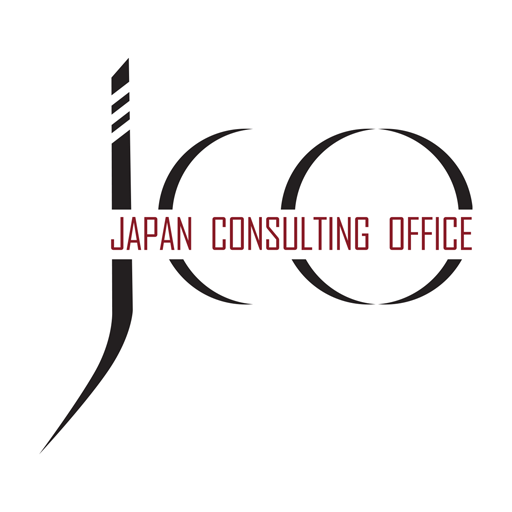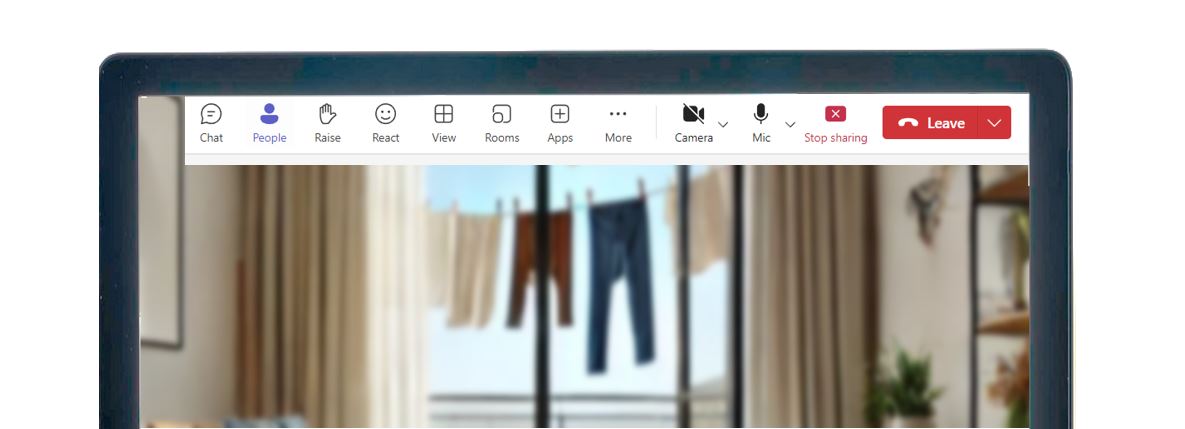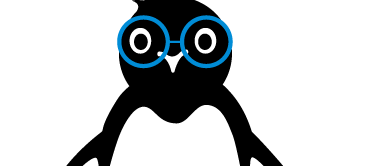
All the trainings, workshops and programs that JCO has been conducting worldwide since 2006 always touch on the subject of communication in all its forms.
In this article, we will highlight the visual part of the cultural puzzle that one has to be solve when working with Japan and Japanese colleagues.
Japan: A Visually Oriented Culture
Japan is a culture that is extremely visually oriented both in language (in fact, Chinese and Japanese characters are derived from actual drawings) and in everyday and business life.
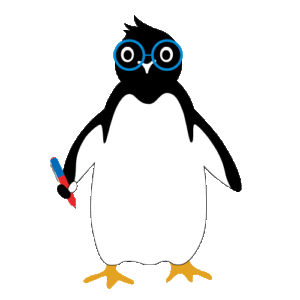
Almost all companies, organizations, regions or even events (like festivals, fairs and exhibitions) have their own mascots.
JCO is no exception as seen by our mascot "Pen-chan",
who as a penguin guides learners through our brand new JCO E-learning programme in Japanese!
Of course, when a company advertises their brand in another cultural sphere it is vital to not accidentally evoke the wrong association.
Here are 2 examples:
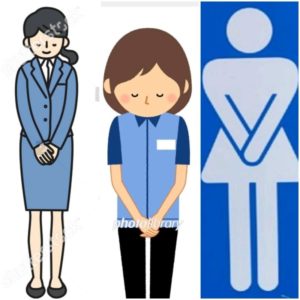
Case Study 1: When Bowing Looks Suspicious
In the first one, we see 3 almost identical pictograms, which from a Japanese point of view typically refer to "friendly sales staff" bowing to the customer.
From a Western point of view, however, one of them clearly does not fit in, as it obviously used in a totally different field of business...
(In this case, it is the logo of a very well-known manufacturer of mobile toilets for construction sites or festivals)
It is therefore easy to understand that the use of a similar graphic (people bowing) is not recommended for a Western-style logo, website or ad campaign.
Case Study 2: Lost in Translation... Literally
The 2nd example is about the (potentially apocryphal) case of an American fan of Japanese culture who proudly displayed the Japanese tattoo he wore on his arm to his new Japanese girlfriend.
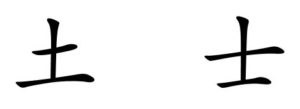
He explained that he regarded himself a warrior too, as represented by the tattoo. Unfortunately, she had then to point out to him that the character shown on the tattoo would not mean "warrior/士", but rather refer to "Earth/土"...all because of 2 wrongly placed brush strokes!
For laymen (such as the tattoo artist) the difference between the two is often not easy to discern.
According to this Urban Legend, however, the two got married anyway. These days, their Japanese relatives would affectionately simply call him "Doro-chan", or in English "wet-earth-dude".
(Disclamer: JCO assumes no liability for the veracity of this story!)
Final Thoughts: Visuals Matter
As can be easily seen through these cases, when it comes to non-verbal communication (e.g. in advertisement and PR) any time spent on in-depth research is never wasted!
